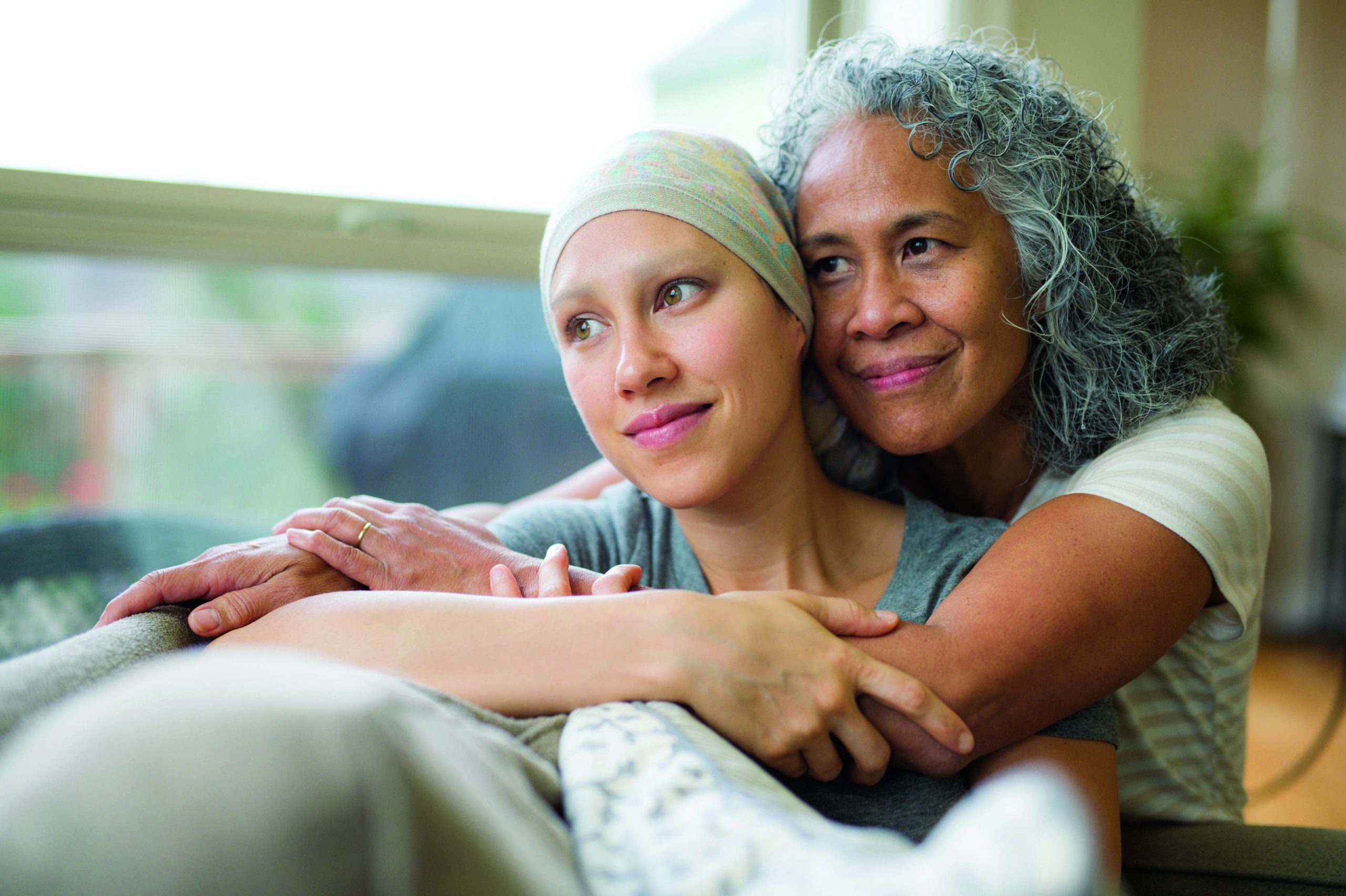When paired with clinical expertise, artificial intelligence is the latest ally in the fight against breast cancer.
A new, AI-powered tool can now help identify more high-risk patients and give doctors a better chance to detect those cancers earlier when treatment can be more effective. And California’s Sutter Health is leading the way by launching the tech across its integrated system.
“Screening mammography is critically important. Sutter Health and the American Cancer Society recommend annual screening beginning at age 40 for average-risk women—and this recommendation becomes even more powerful when combined with AI tools designed for early detection. Detecting breast cancer earlier provides the best chance for effective treatment and survival, especially for women at higher risk,” says Dr. Jason Wiesner, a radiologist and chair of radiology at Sutter Health.”
According to the American Cancer Society, one in eight women will be diagnosed with breast cancer during their lifetime. Breast cancer is the second-leading cause of cancer death in women, and its incidence is increasing even among younger women. The new tech is showing promise in helping turn a corner.
“Results of pilot testing showed use of the iCAD ProFound AI software significantly helped radiologists detect early breast cancers with mammography,” says Dr. Charles McDonnell, a Sutter Medical Group radiologist who helped spearhead the research validating the software at Sutter breast imaging clinics.
Seeing the Difference
“With AI-assisted mammography, we anticipate detecting hundreds more early-stage breast cancers each year, where they are best treated and in many cases curable—all while significantly reducing more than 2,000 false positives across our system. This means better patient outcomes, fewer unnecessary procedures, and lower overall healthcare costs,” says Dr. Wiesner. He says this means:
- Improved detection: During the pilot, the breast cancer detection rate increased from 4.8 to more than 6.0 per 1,000 screenings. “This improvement translates to intercepting cancers earlier, when they’re more treatable,” says Dr. McDonnell.
- Reduced false positives: The software also lowered rates of false positives. These are apparent abnormalities seen via mammogram that, after further evaluation, are found not to be cancer. Fewer false positives mean fewer unnecessary follow-up visits and procedures.
- Widespread use: By hosting iCAD on a software platform already used at Sutter and proven effective for the system’s lung nodule and cancer screening program, Sutter radiologists can partner with other care teams to widely use this AI support and enhance breast screening for many patients across the system. The infrastructure investment made years ago now allows the AI to scale across the entire Sutter Health system, benefiting all Sutter patients at all care centers.
How the Technology Works
When a radiologist opens a patient’s digital 3D mammogram, they review approximately 300 individual images, carefully examining each one for potential abnormalities.
The AI-powered ProFound Breast Health Suite assists in this process by analyzing the images in parallel with the radiologist. Trained on millions of previously interpreted and verified mammography exams, ProFound identifies and highlights specific areas that exhibit features suggestive of breast cancer. These areas are prioritized for the radiologist’s immediate attention, ensuring critical findings are reviewed promptly.
By clearly marking potential abnormalities, the AI software enables radiologists to focus their expertise more efficiently, enhancing their accuracy and confidence. Additionally, ProFound Breast Health Suite evaluates the mammogram images to more accurately predict a patient’s short-term breast cancer risk (within one to two years), offering greater precision than traditional lifetime risk scoring methods.
“This AI-driven workflow empowers radiologists to provide better-informed recommendations,” explains Dr. Wiesner. “They can more confidently and efficiently decide if additional imaging is necessary. Importantly, it also adds confidence when the radiologist believes the exam is negative—all tailored specifically to each patient’s risk profile.”
Paying it Forward to Help Save Lives
Seed funding from Think Pink Granite Bay in Roseville supported Sutter’s one-year pilot of the iCAD Profound AI software.
The non-profit organization is led by breast cancer survivors and volunteers dedicated to promoting breast cancer awareness. Since its inception, the program has raised $631,368 for Sutter Roseville Breast Health Center and other notable patient support programs.
“Everyone knows someone who has breast cancer. We are proud to support the programs and people who are making a real difference saving lives lost to breast cancer across Northern California,” says Think Pink Granite Bay organizer Nancy Stuckey.
Do you or someone you know have breast cancer? Find services at Sutter Health.





